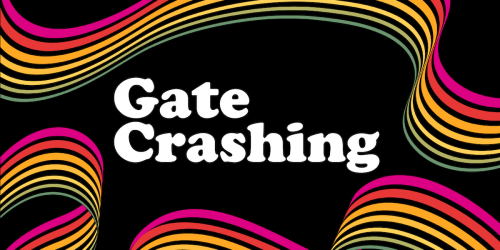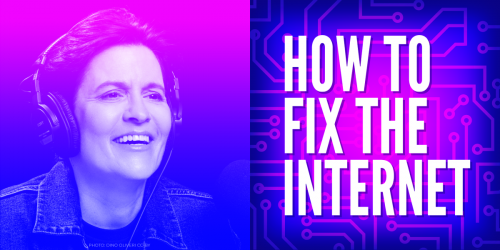The events depicted in the superhero movie The Dark Knight Rises are not real. For example, when Cat Woman pursues software called “Clean Slate” to erase all traces of her criminal past, you are watching a fictional character seek fictional software. If that point strikes you as obvious, then you may have trouble comprehending the trademark claim in Fortres Grand v. Warner Brothers. In that case, software company Fortres Grand claimed that the movie’s use of the words ‘clean slate’ infringed its trademark on a real piece of software with that name.
Last year, with the help of Professor Eugene Volokh and UCLA’s First Amendment Amicus Brief Clinic, EFF filed a brief urging the Seventh Circuit to reject this claim. We explained that trademark claims like this threaten creative expression. There are many reasons why artists might want to use a mark (either real or invented) in a book or movie. Janis Joplin sang, “Lord, won’t you buy me a Mercedes Benz.” And cartoons and movies have used fictional marks (such as ACME or Skynet) that share names with existing products. Artists should not fear litigation every time they use a term that echoes a trademark. The law should not allow silly claims based on fictional products.
In a ruling handed down yesterday, the Seventh Circuit agreed. A major issue before the court was whether, for the purpose of evaluating similarity between the products at issue, it should compare Fortres Grand’s real-world software to the fictional clean slate software or to the movie. The Seventh Circuit wrote that the law “compels lower courts to look to the movie, since it is [Warner Bros.’] only tangible product in the marketplace about which consumers could be confused.” Since a superhero movie is nothing like software, this effectively settled the trademark question. Having decided on that basis, the Seventh Circuit declined to decide whether the First Amendment also provides Warner Bros. with a defense.
While the Seventh Circuit ruled on fairly narrow grounds, its decision should still discourage future frivolous claims against fictional works. Most important, the appeals court affirmed the district court’s decision to throw this case out early on a motion to dismiss. That is good news for smaller creators who, unlike Warner Bros., might not be able to afford protracted litigation. This time, a victory for Batman is a victory for free speech.









